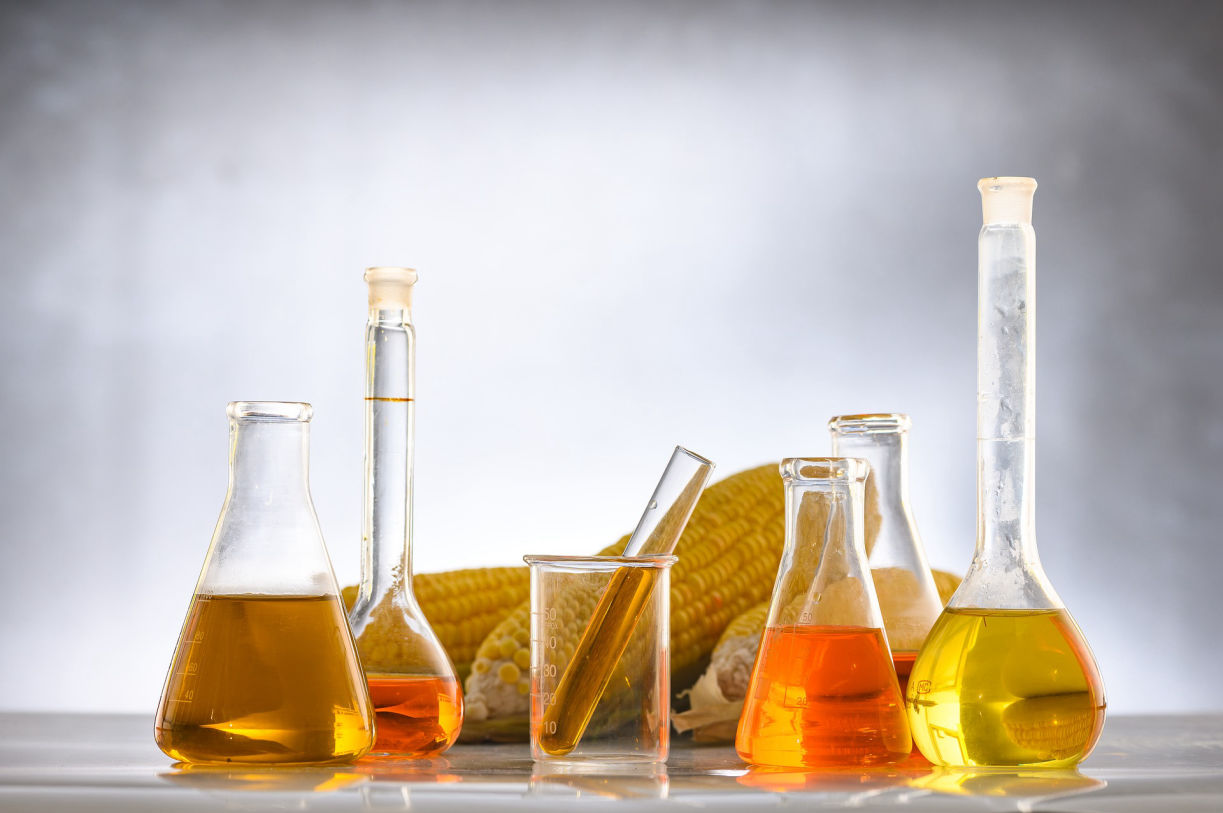
Our New Under Development Investment Project:
Bio Diesel
INVESTMENT / BIO-DIESEL
As Earth’s fossil energy resources are limited, there is a growing need for renewable resources such as biodiesel.

As Earth’s fossil energy resources are limited, there is a growing need for renewable resources such as biodiesel.
Biodiesel production in 2020 is expected to drop year over year by 16 percent to 1.25 billion liters due to a decrease in international and domestic diesel fuel demand stemming from the COVID-19 pandemic. The Government of Malaysia (GoM) has revised its B20 implementation date originally planned for the first quarter of 2020
to mid-2021. Exports of biodiesel in 2020 are projected at 345 million liters, a decrease of 48 percent compared to the record previous year. With no domestic feedstock industry to support it, Malaysia has no fuel ethanol program supported by imports despite associated human health and climate benefits.
Biodiesel production for calendar year 2020 is projected at 1.25 billion liters. This 16 percent lower level of production, compared to the previous year, is based on a major drop in international & domestic demand for diesel transport fuel due to the COVID-19 pandemic and a price spread favoring fossil diesel over palm oil-based biodiesel that has collapsed China’s discretionary demand. Government support policies have become all the more important to maintain demand for biodiesel with lower crude oil and thus lower fossil diesel prices compared to biodiesel feedstock prices.
Biodiesel is a domestically produced, renewable fuel that can be manufactured from new and used vegetable oils, animal fats, and recycled restaurant grease. Biodiesel’s physical properties are similar to those of petroleum diesel, but it is a cleaner-burning renewable alternative. Using biodiesel in place of petroleum diesel significantly reduces lifecycle carbon emissions. Research shows that it also reduces emissions of toxic air pollutants in older on-road vehicles and in many off-road applications. Biodiesel can be blended and used in many different concentrations, including B100 (pure biodiesel), B20 (20% biodiesel, 80% petroleum diesel), B5 (5% biodiesel, 95% petroleum diesel), and B2 (2% biodiesel, 98% petroleum diesel). B20 is a common biodiesel blend in the United States. For vehicles manufactured after 1994, biodiesel blends meeting ASTM standards can be used with minimal impact on operating performance. Diesel vehicles manufactured before 1994 may include elastomers (hoses and gaskets) that could break down with repetitive use of blends above B20. Higher blends should be avoided in these older vehicles, or their elastomers should be upgraded to a compatible material. Currently, every original equipment manufacturer (OEM) of diesel vehicles approves blends of up to B5 in their vehicles. Nearly 80% of OEMs already approve blends up to B20 in some or all of their diesel vehicles, and some
even approve the use of B100 in certain types of farm equipment. Ongoing research aims to gain approval for the use of B20 blends in all on-road diesel vehicles. Engines operating on B20 exhibit similar fuel consumption, horsepower, and torque to engines running on conventional diesel. Biodiesel also has a higher cetane number (a measure of the ignition value of diesel fuel) and higher lubricity (the ability to lubricate fuel pumps and fuel injectors) than conventional diesel fuel, so it combusts easier and lubricates the fuel system better. Generally, a blend of diesel fuel and biodiesel, such as B20, will have a slightly lower energy content than petroleum diesel, although the impact on fuel economy is insignificant. The cold-flow properties of biodiesel blends vary depending on the amount of biodiesel in the blend and the types of fuel used in the blend. This issue is not limited to biodiesel, as diesel fuel exhibits the same behavior. All diesel and biodiesel blends can have compounds that crystallize in very cold temperatures, causing operability issues if not properly monitored. However, fuel blenders have a number of options available to improve the cold-flow properties of biodiesel blends, including adding flow improvers, blending in more No. 1 diesel, or blending in less biodiesel. Users should consult with their fuel provider with questions about the cold weather performance of their fuels.